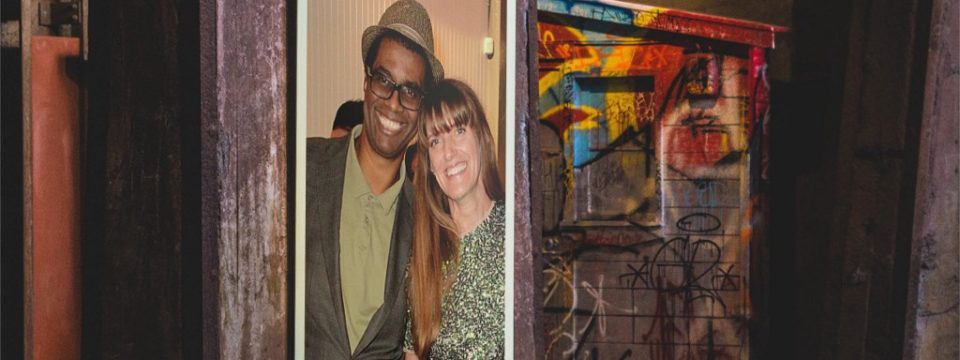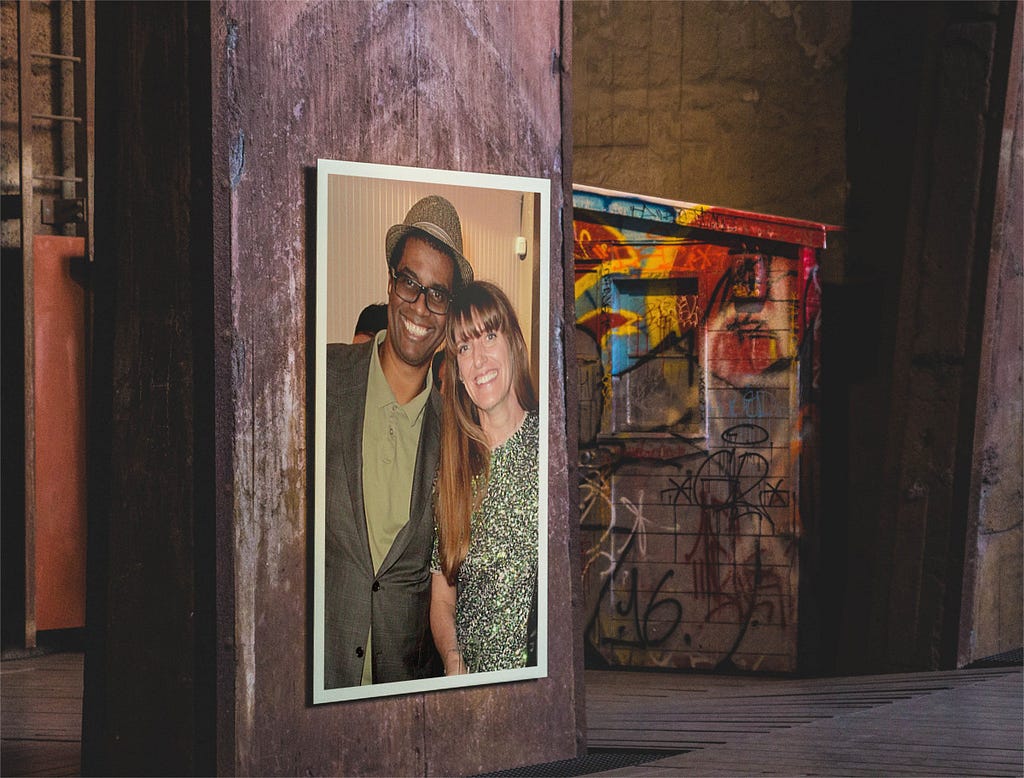
Yesterday means nothing. My success in this industry has been more about now than yesterday. When I open a new restaurant, no one cares about what I did before, they care only about the success of the current restaurant, so if a previous restaurant is a success, that does not mean that the new one will be too. This pressure is what motivates me to stay nimble and creative with every new project.
I had the pleasure of interviewing Parnell Delcham, Co-Founder of Ways & Means Oyster House. Currently, the brand has two restaurants — the flagship in Huntington Beach, CA and Portland, OR — with a broad national expansion planned over the next five years, with new locations opening in La Jolla, CA, Del Mar, CA, Austin, TX, Los Angeles, CA, and Waikiki, HI opening by 2020. He details his journey after leaving law school to pursue a career in hospitality.
What inspired you to become a restaurateur?
I was at a jazz restaurant in uptown New York ran by the great Howard Johnson — I spent a night at a table with his son Brad Johnson, Denzel Washington, Sharon Stone and various athletes and musicians… After that night, I abandoned law school to pursue a career in hospitality.
What has your journey been like since first stepping foot in a kitchen?
It has been pretty incredible. Since the beginning, I was somehow lucky enough to be able to work with some of the most iconic people and operations in our industry. In college, I promoted for Rande Gerber in NYC (he was George Clooney’s partner in launching Casamigos Tequila); developed concepts under the guidance of the great Amy Sacco (the founder of many NYC nightclubs/celebrity hotspots), Keith McNally (The New York Times referred to him as “The Restaurateur Who Invented Downtown”), and Peter Stringfellow (a popular NYC nightclub owner and developer who passed away earlier this year); and eventually made it to the big stage under the mentorship of Jeffrey Chodorow (of the Asia de Cuba and China Grill Management empire), Ian Schrager (founder of the Morgans Hotel Group), and Jeffrey Kalt (one of the people responsible for developing the food and beverage program at Bellagio Las Vegas and Wynn/Encore). It has been a remarkable journey, and needless to say, I learned the ropes from the best of the best.
Do you have a specialty? If so, what drew you to that type of food?
I have had the privilege to work with all sort of genres of food in markets all over the country and world, so I don’t technically have a specialty in that regard. However, my focus has always been on the delivering the EXPERIENCE. Starting from the nightclub business, it’s always been about creating an environment of celebration. To me, this is what the dinner table has always been about — an opportunity to celebrate our lives over food and drinks, allowing us to share experiences, culture, and emotions.
Can you share the funniest or most interesting story that happened to you since you became a restaurateur?
I was part of the opening of a restaurant called Kwanzaa in New York City. It was an international soul food restaurant located in Little Italy. Before the space became Kwanzaa, it was one of John Gotti’s social clubs. When his guys got out of jail, they bee-lined to this place to see familiar faces and get their first drinks since being incarcerated. It was pretty hilarious to watch these Italian gangsters come and grab a seat at the restaurant trying to figure out what happened and where there were, while being served fried chicken and collard greens.
What is your definition of success?
Being able to surpass the expectations of all our stakeholders, our guests, our staff, our vendors, and our partners.
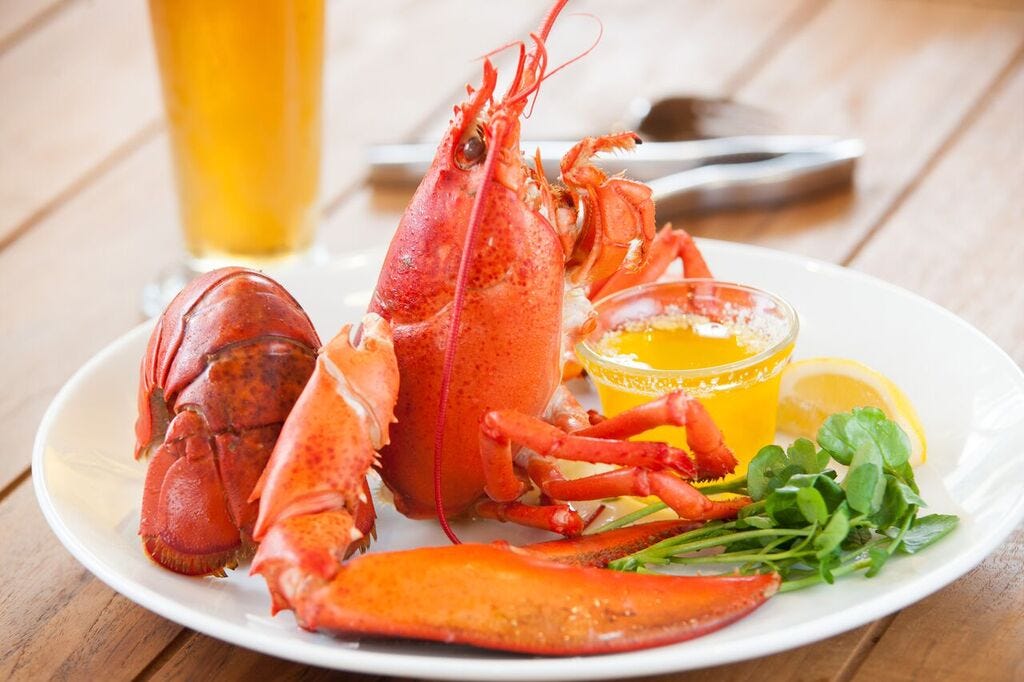
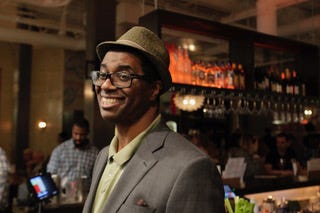
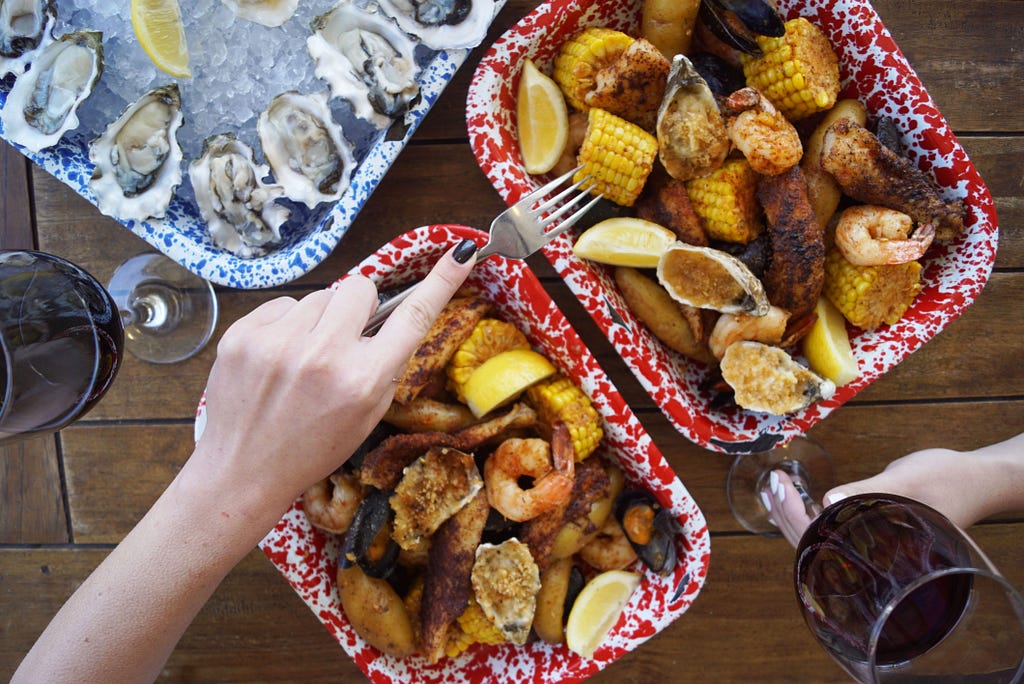
What failures have you had along the way? How have they led you to success?
I’ve had a few failures since joining the hospitality industry. The common lesson has always been: stay true to thy self. You need to always keep in mind who you are and where you belong as an operator. We are big stage people that thrive in markets that allow us to compete for existing traffic. We are loud, busy restaurants driven by interactive approaches to dining. Every time we have compromised any of those character traits of ourselves, it has led to disappointment.
Are you working on any new or exciting projects now?
Yes — all things Ways and Means! Currently, we are building 13 more Ways & Means Oyster House locations over the next five years. In addition to our flagship location in Huntington Beach, CA and second location in Portland, OR, we are headed to iconic locations such as La Jolla & Del Mar (both in San Diego), Waikiki, Maui, Los Angeles, Austin, Dallas, Denver, Phoenix, and Las Vegas. We are opening a distillery soon to produce our own rum, we are farming our own oysters out of Humboldt Bay, we’re roasting and packaging our own branded coffee, and we’re producing some really Ausome Sauces in partnership with autistic teen Julen Ucar — a portion of the proceeds sold from each bottle benefits autism and we give back with every dish sold that uses the sauces too.
What advice do you have for aspiring restaurateurs?
Always be open to listen to feedback and allow your truth to evolve. That will allow you to constantly grow and stay competitive.
What is the key to creating the perfect dish?
The perfect dish creates an emotional response that hallmarks a memory in our guests that they will forever associate our restaurant with that emotion for the rest of their lives. Therefore, the key is to strive to perfect the EXPERIENCE for the guest so that even the simplest dish is memorable.
It is said that food is a common ground that brings people together. As someone who makes food for a living, what does this saying mean to you?
The American meal is one of celebration — an opportunity for everyone to gather around the table and share their experiences, their plans, their emotions and their many stories and memories. We create the environment that inspires this dialogue and offer the narration of emotional experience associated with the collective conversation.
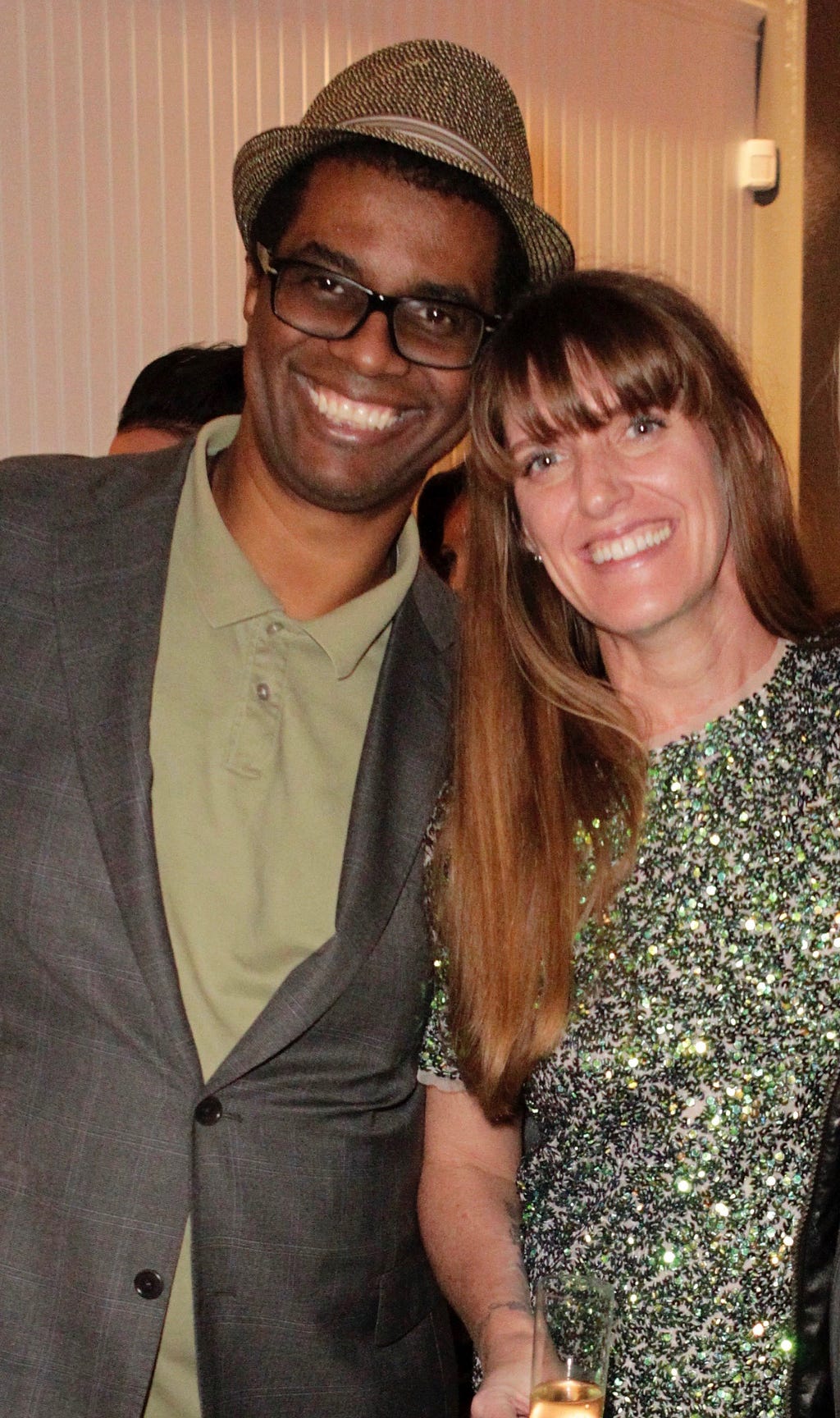
What are your “5 Things I Wish Someone Told Me Before I Became a Restaurateur” and why? (Please share a story or example for each.)
The demand on your time. As an entrepreneur in this business, you are always working. I go to the movies and I am thinking about the night’s traffic/reservations, the next menu item we want to introduce, etc.
The demand on your personal life. I never understood that with success came notoriety. When I became more well-known, I was taken aback going to new places and hearing people speak about me that I had never met. I wish I had known that the boundaries between my personal and professional life would be blurred.
Yesterday means nothing. My success in this industry has been more about now than yesterday. When I open a new restaurant, no one cares about what I did before, they care only about the success of the current restaurant, so if a previous restaurant is a success, that does not mean that the new one will be too. This pressure is what motivates me to stay nimble and creative with every new project.
Money talks. Creativity and hard work only gets you so far. Without proper financing it’s very hard to be successful and then sustain that success.
Loyalty is a virtue. Loyalty is very rare in an industry that promotes excess and greed. People constantly mistake their professional relationships for personal ones, which usually leads to disaster.
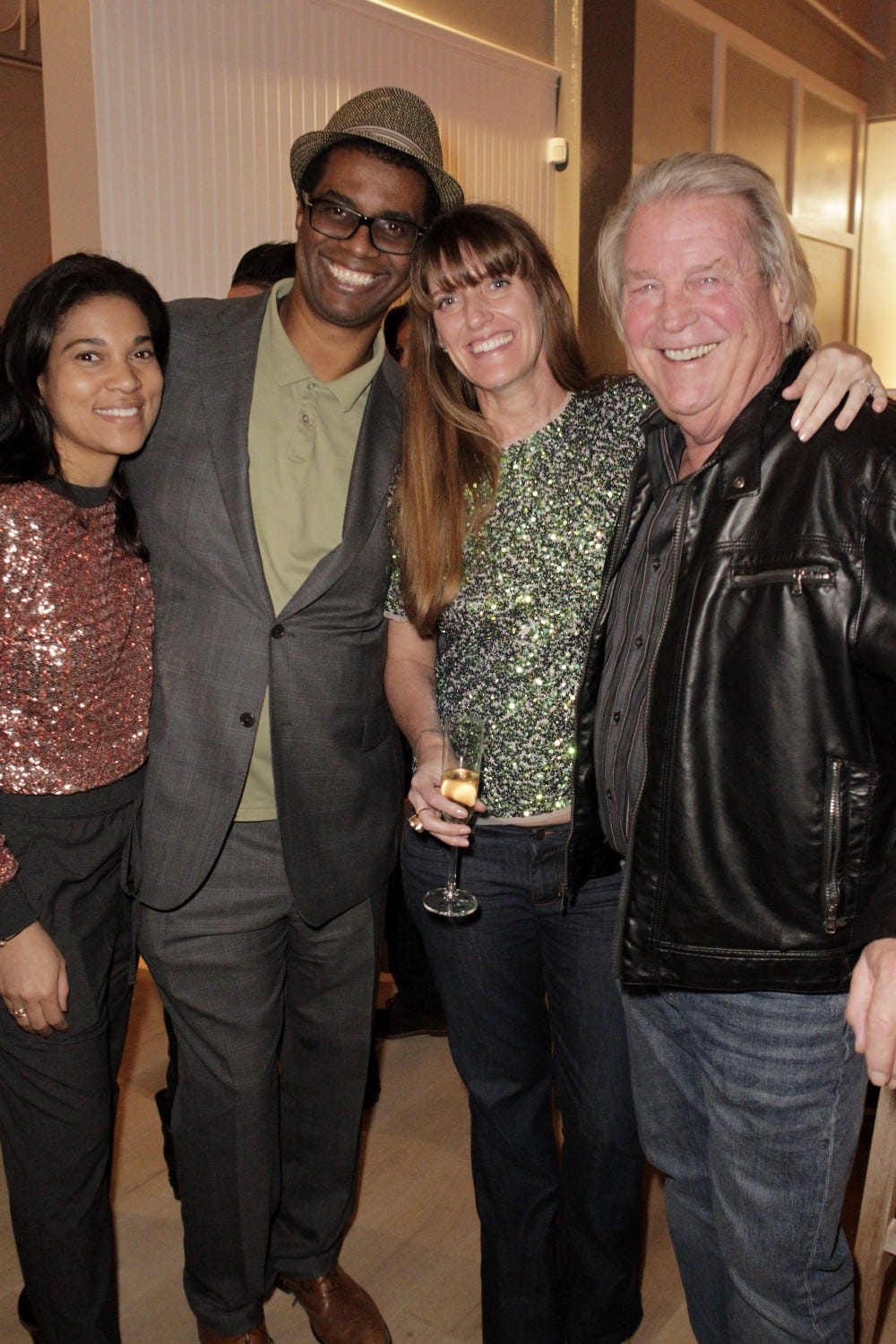
You are a person of great influence. If you could inspire a movement that would bring the most amount of good to the most amount of people, what would that be? You never know what your idea can trigger.
“Each One Teach One.” Knowledge is power, so I would love to inspire a movement to educate as many people as possible. I think we have a great platform in this industry to develop the next leaders of our community. A leadership that can promote diversity on race, gender and social/political beliefs.
Some of the biggest names in Business, VC funding, Sports, and Entertainment read this column. Is there a person in the world, or in the US with whom you would love to cook for and why?
Man, this journey has afforded me the opportunity to serve so many influential people in the past. On my personal list, I would enjoy the opportunity to serve LeBron James (especially now that he’s in Southern California!). He is a leader of a generation that I find inspiring right now with his activity as an entrepreneur, philanthropist, and wine lover. He has opened a strong dialogue about influence in culture — I would love to start the conversation about food and its role in developing culture.
Restaurateur Parnell Delcham on why “Yesterday means nothing” was originally published in Authority Magazine on Medium, where people are continuing the conversation by highlighting and responding to this story.
